The arguments for and against slavery reparations
Calls for Britain to pay compensation for slavery have gained momentum in recent years
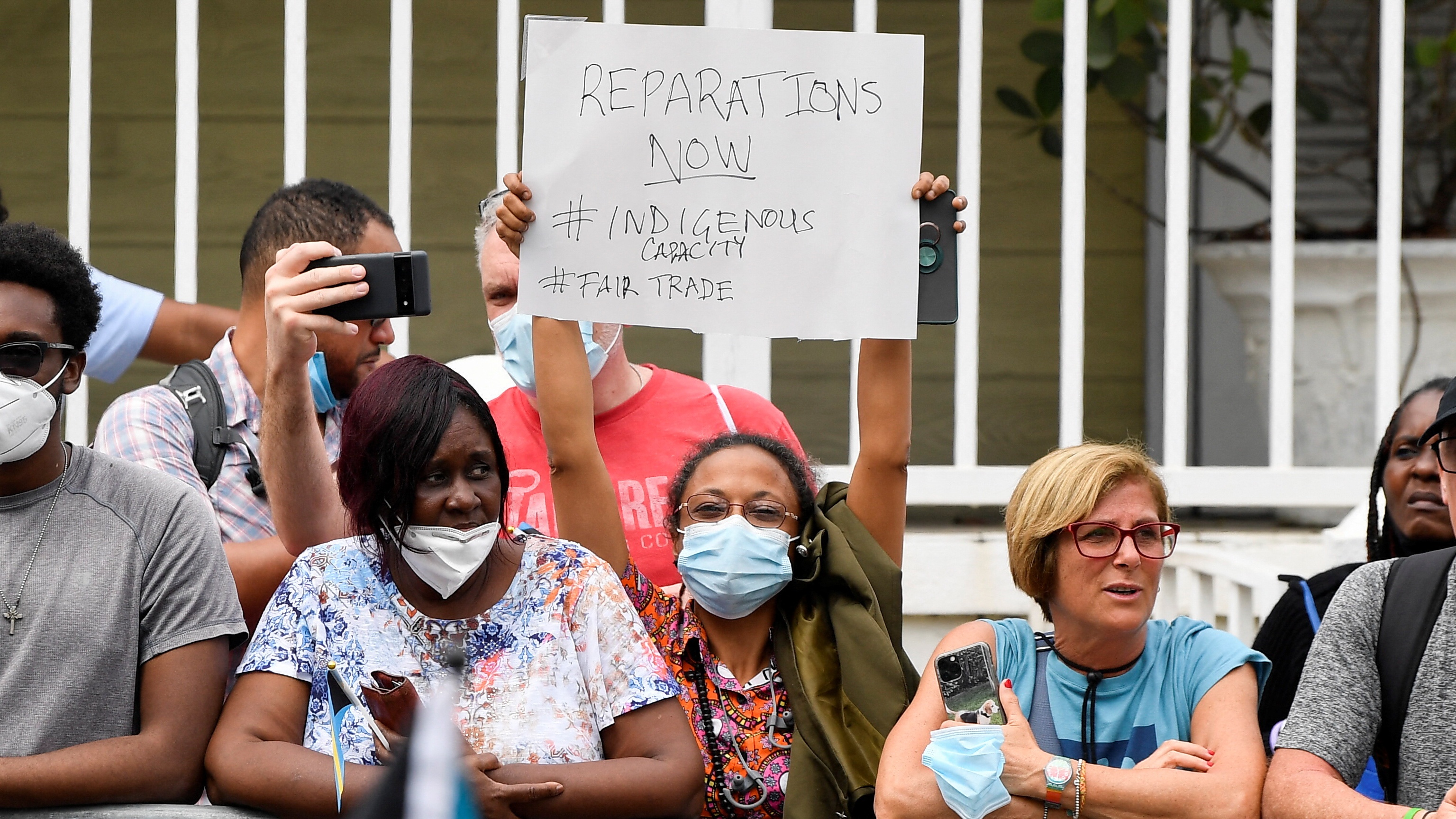
A free daily email with the biggest news stories of the day – and the best features from TheWeek.com
You are now subscribed
Your newsletter sign-up was successful
Calls for Britain to pay reparations for its role in the transatlantic slave trade were renewed in Jamaica, Belize and the Bahamas during the recent tour of the countries by the Duke and Duchess of Cambridge.
The royal couple’s trip was marred by protests and a string of PR failures, as black and indigenous groups across the Caribbean nations came together as “part of a collective push for slavery reparations” to be paid by Britain, reported The Independent.
The tour has once again stirred up debate over whether rich countries that benefited financially from slavery should pay compensation to affected nations or the descendants of enslaved peoples. The campaign for slavery reparations has gained momentum in many parts of the world, including in the US, in the wake of 2020 Black Lives Matter protests.
The Week
Escape your echo chamber. Get the facts behind the news, plus analysis from multiple perspectives.

Sign up for The Week's Free Newsletters
From our morning news briefing to a weekly Good News Newsletter, get the best of The Week delivered directly to your inbox.
From our morning news briefing to a weekly Good News Newsletter, get the best of The Week delivered directly to your inbox.
1. For: the moral imperative
For many campaigners, the question of whether reparations should be paid hinges on a moral argument that amends must be made for hundreds of years of unpaid labour and brutal exploitation.
Nora Blake, of the human rights coalition Advocates Network and the co-organiser of a protest against the royal visit to Jamaica, told The Independent: “It is important as we turn 60 years old as an independent nation that we stand as ‘adults’ on solid ethical, moral and human justice grounds to say to Britain, who was once our ‘parent’, that you have done wrong in enriching yourselves off of chattel slavery and colonialism.”
The payment of reparations is “not so much about money” as “confronting those responsible with their wrongdoing and getting them to recognise the value of their victims as human beings”, Luke Moffett, a senior law lecturer at Queen’s University Belfast, wrote for The Conversation.
The role of reparations in making amends for slavery and its generational impact was also highlighted by UN human rights chief Michelle Bachelet in the wake of the murder of George Floyd, which sparked mass protests around the world.
A free daily email with the biggest news stories of the day – and the best features from TheWeek.com
“Behind today’s racial violence, systemic racism and discriminatory policing lies the failure to acknowledge and confront the legacy of the slave trade and colonialism,” she said in an urgent debate on racism and police brutality in 2020.
In her address, Bachelet stressed the need to “make amends for centuries of violence and discrimination, including through formal apologies, truth-telling processes, and reparations in various forms”, The Guardian reported.
2. Against: the question of who to pay
Many have argued that the paying of reparations is complicated by the fact that people directly harmed by slavery, including their direct descendants, are no longer alive.
A recent petition in 2021 from the Jamaican government seeking up to £7bn in reparations for Britain’s role in the transatlantic slave trade was dismissed by the British High Commission on this basis. Asif Ahmad, the British high commissioner in Jamaica, told The Gleaner: “When it comes to this direct request for reparations from government to government, the reason why it will not prosper is because who do we pay it to?
“The people who were harmed directly are no longer here,” he said.
To date, the UK government has only paid compensation to living people, Ahmad said, using the Windrush Compensation Scheme as an example. Instead, he suggested better education about the history of slavery and better development and assistance for countries in the Caribbean.
Bayard Rustin, a friend of Martin Luther King Jr, told The New York Times in 1969: “If my great-grandfather picked cotton for 50 years, then he may deserve some money, but he’s dead and gone and nobody owes me anything.”
3. For: easing impact on descendants
Many supporters of transatlantic slavery reparations make the point that slave owners were given substantial compensation as part of the Slavery Abolition Act of 1833, which ended legal slavery in Britain.
Compensation worth between £16bn and £17bn in modern terms was given to some 46,000 British slave owners, a sum which represented “40% of the total government expenditure for 1834”, said historian and broadcaster David Olusoga in The Observer in 2015. Freed slaves received nothing, which campaigners have called unjust.
Writing in The Guardian in 2017, British academic and writer Kehinde Andrews argued that the wealth of Western nations is built on “racism” and the “enslavement of millions of African people and the conquest of the world by European powers”.
It is “the height of delusion” to think that the impact of slavery ended with the emancipation of slaves, said Andrews, arguing that “descendants of enslaved Africans in the west find themselves subject to steep racial inequalities in every area of social life” and that racial equality can only occur with “nothing short of a massive transfer of wealth from the developed to the underdeveloped world, and to the descendants of slavery and colonialism in the west”.
Some reject the hypothesis that all of the Caribbean experiences abject poverty, however. According to The Economist, “most slave colonies in the Caribbean are now fairly successful middle-income countries, or better… the Bahamas has a GDP per head close to that of Italy or Spain. Barbados scores higher on the UN Development Programme’s human development index than any of its much larger South American neighbours”.
Any assistance to the region, therefore, should be “carefully targeted” and should “surely stem from today’s needs, not the wrongs of the past”, said the newspaper.
4. Against: addressing racial inequality
Former Tory minister Rory Stewart told Time magazine in 2019 that UK aid should be targeted to help “the poorest people in the world”, rather than paying reparations in “some weird belief that we’re going to somehow undo 300, 400 years of colonial history by writing cheques to people”.
There are also some who argue that the idea of reparations is insulting or patronising, and perpetuates a narrative of “victimhood”. For example, Coleman Hughes, an undergraduate philosophy major at Columbia University, testified at a 2019 US Congressional hearing, arguing that reparations “by definition, are only given to victims.
“So the moment you give me reparations, you’ve made me into a victim without my consent,” he told the hearing. “Not just that, you’ve made one-third of black Americans who poll against reparations into victims without their consent. And black Americans have fought too long for the right to define themselves to be spoken for in such a condescending manner.”
-
 How the FCC’s ‘equal time’ rule works
How the FCC’s ‘equal time’ rule worksIn the Spotlight The law is at the heart of the Colbert-CBS conflict
-
 What is the endgame in the DHS shutdown?
What is the endgame in the DHS shutdown?Today’s Big Question Democrats want to rein in ICE’s immigration crackdown
-
 ‘Poor time management isn’t just an inconvenience’
‘Poor time management isn’t just an inconvenience’Instant Opinion Opinion, comment and editorials of the day
-
 Will Beatrice and Eugenie be dragged into the Epstein scandal?
Will Beatrice and Eugenie be dragged into the Epstein scandal?Talking Point The latest slew of embarrassing emails from Fergie to the notorious sex offender have put her daughters in a deeply uncomfortable position
-
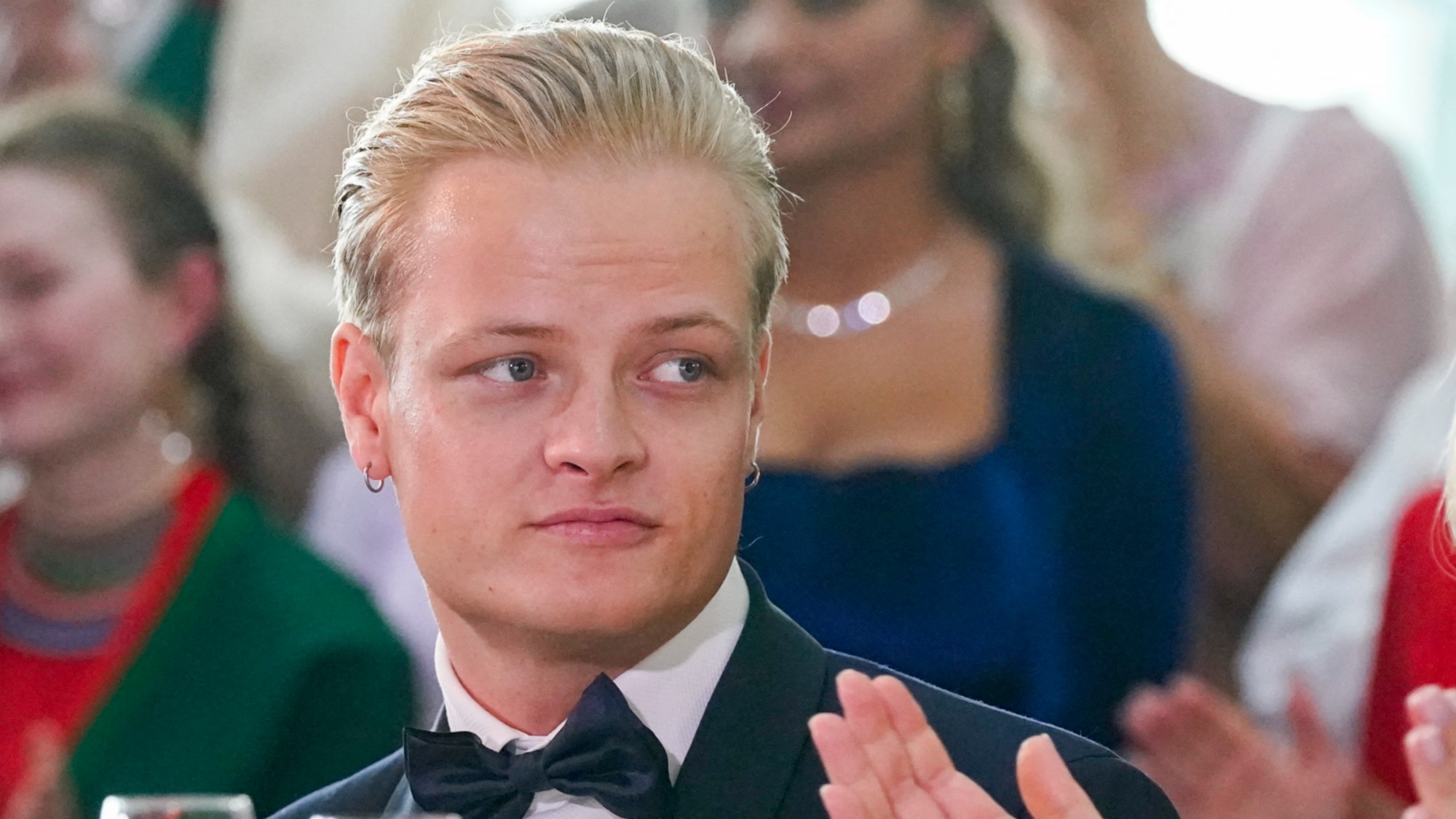 Norway’s scandal-hit royals
Norway’s scandal-hit royalsIn the Spotlight Rape trial of Marius Borg Høiby, son of the crown princess, adds to royal family's ‘already considerable woes’
-
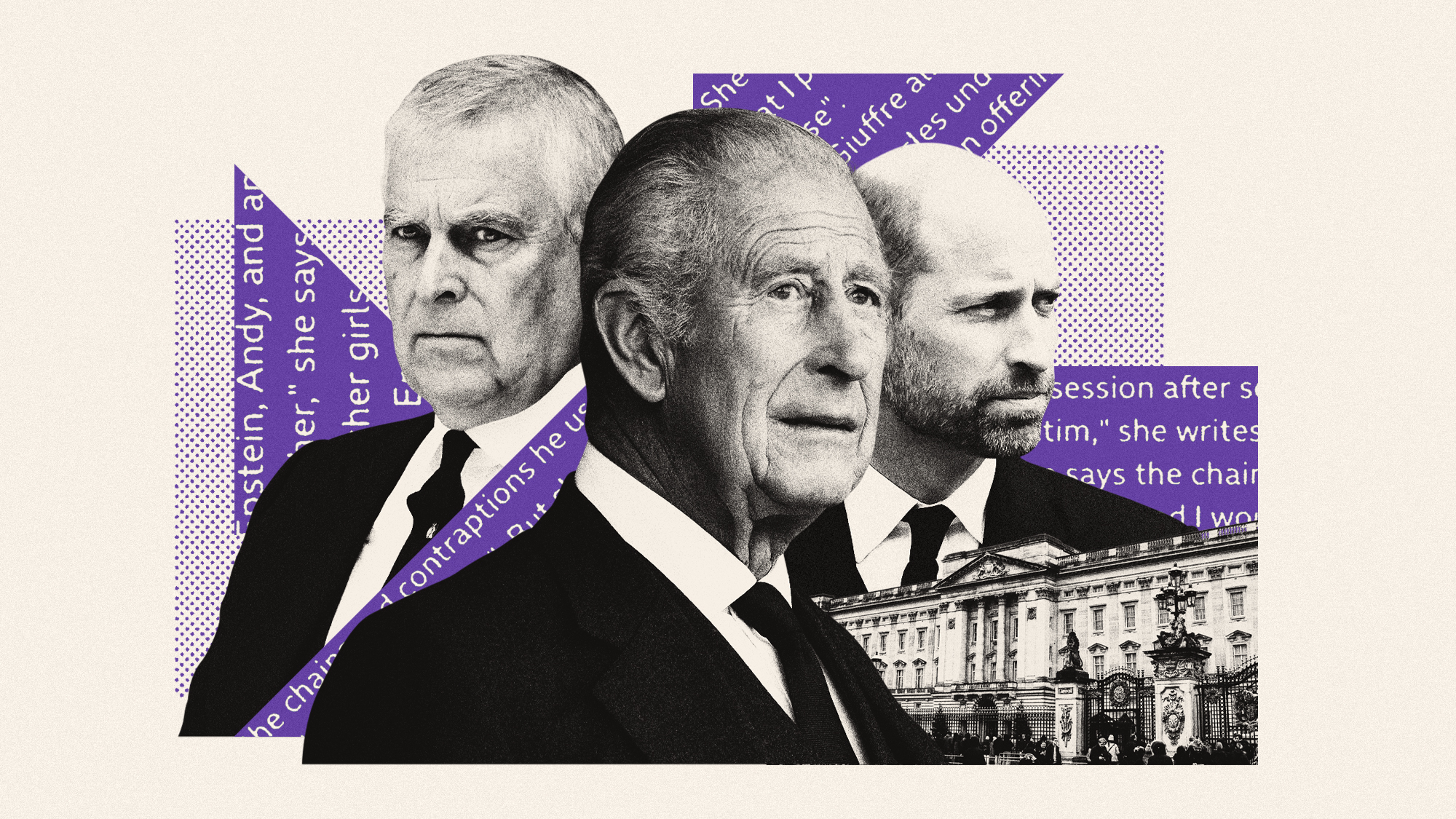 Prince Andrew: is the royal family doing enough?
Prince Andrew: is the royal family doing enough?Today’s Big Question King Charles faces calls for tougher action against Andrew after latest allegations about Virginia Giuffre and Jeffrey Epstein
-
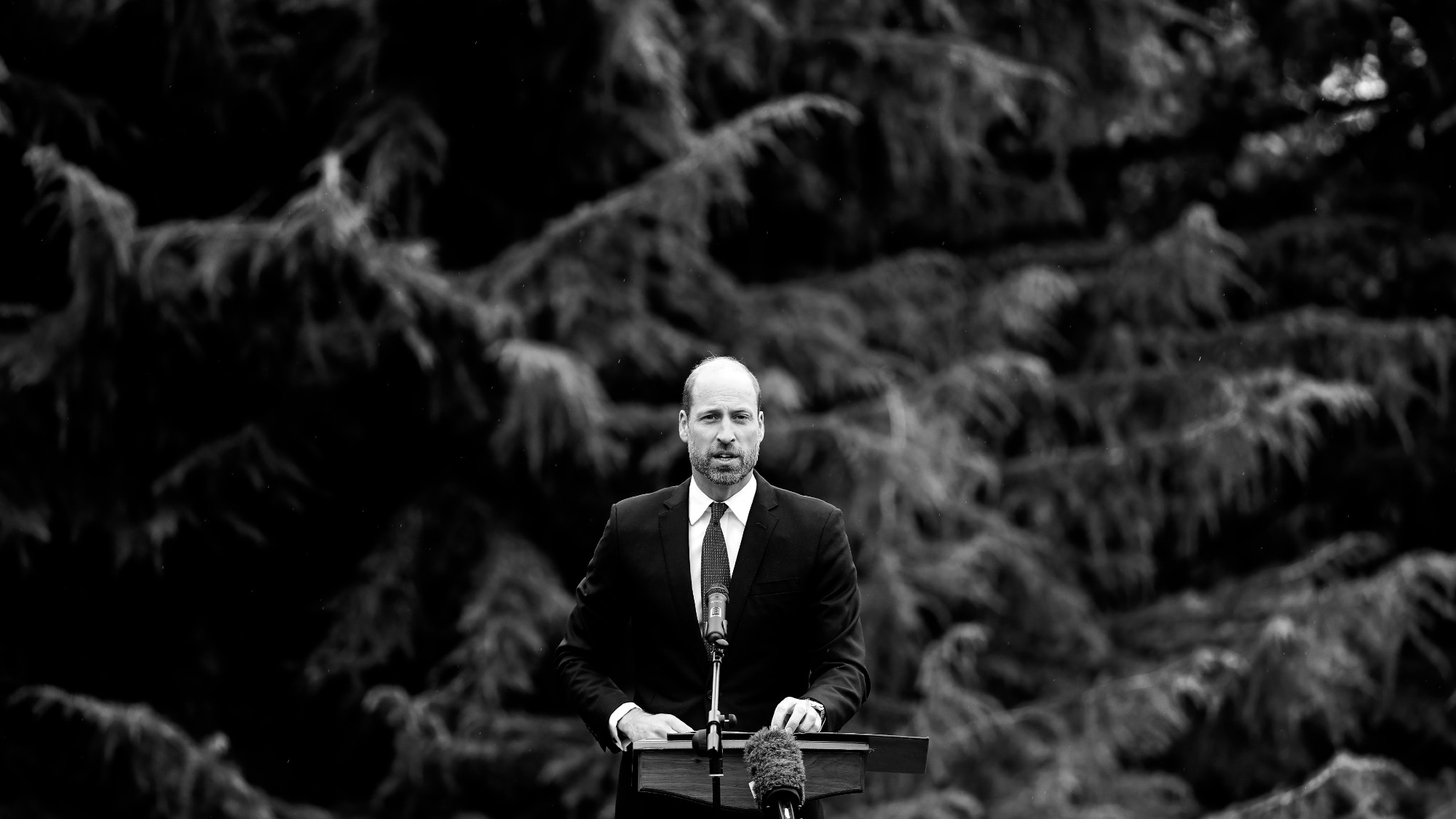 What will William be like as king?
What will William be like as king?Today's Big Question Prince of Wales said he won’t be ‘restricted’ by history when he takes the throne
-
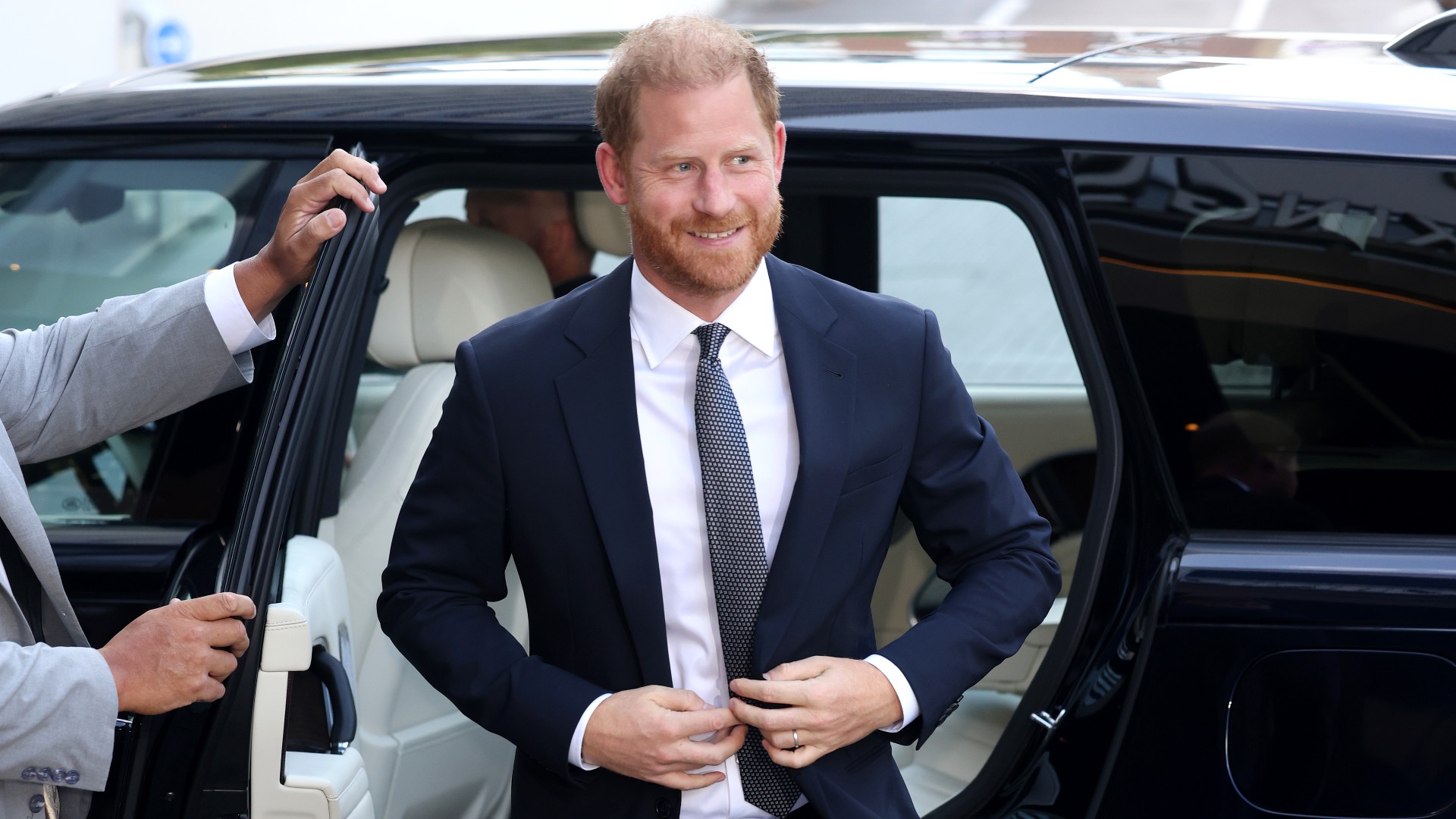 Prince charming: Harry’s tea with King sparks royal reconciliation rumours
Prince charming: Harry’s tea with King sparks royal reconciliation rumoursTalking Point Are the royals – and the UK public – ready to welcome the Duke of Sussex back in?
-
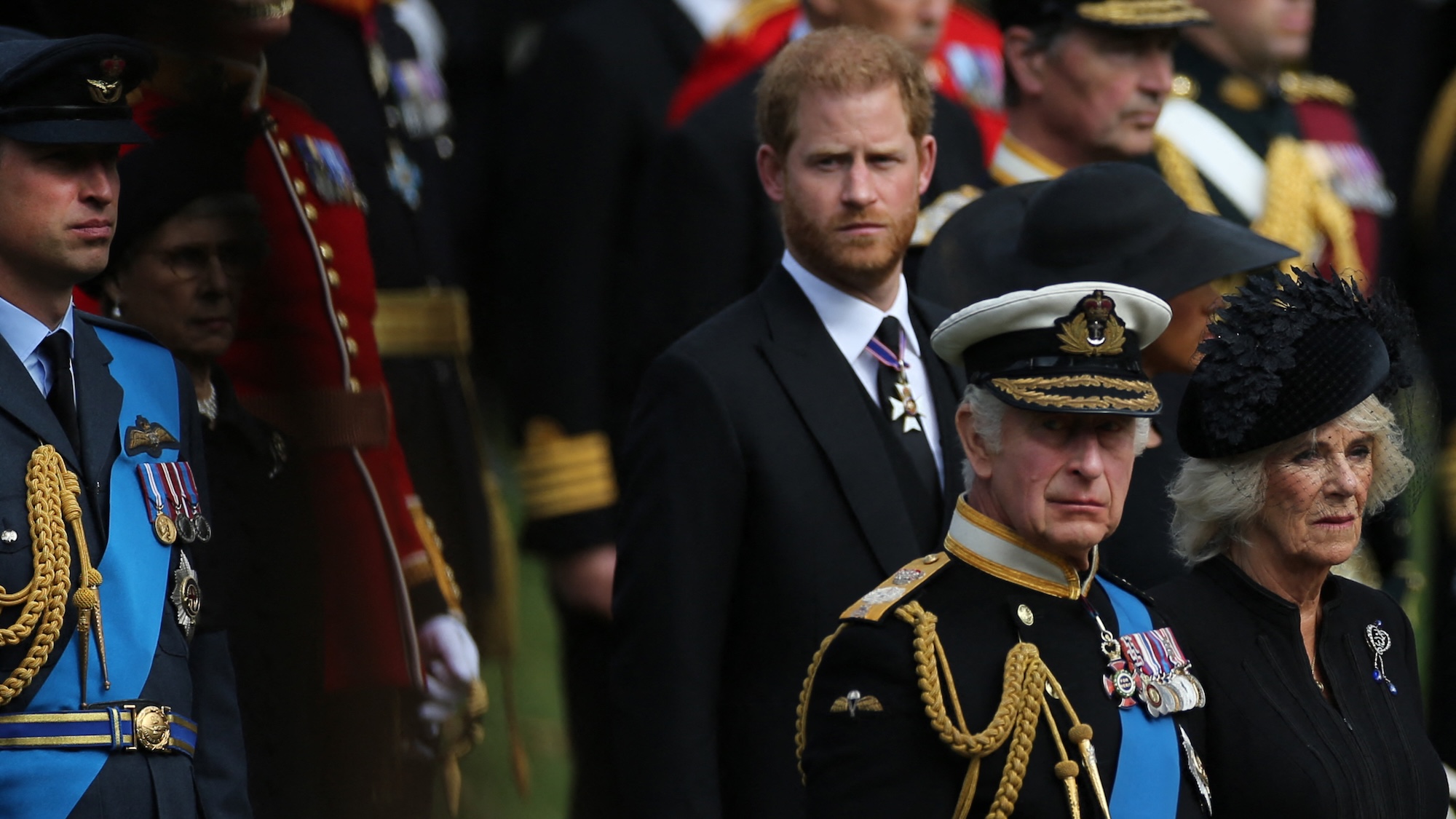 King Charles and Prince Harry: peace in our time?
King Charles and Prince Harry: peace in our time?Talking Point Leaked images of a secret meeting between royal aides suggest a dialogue is beginning to open up
-
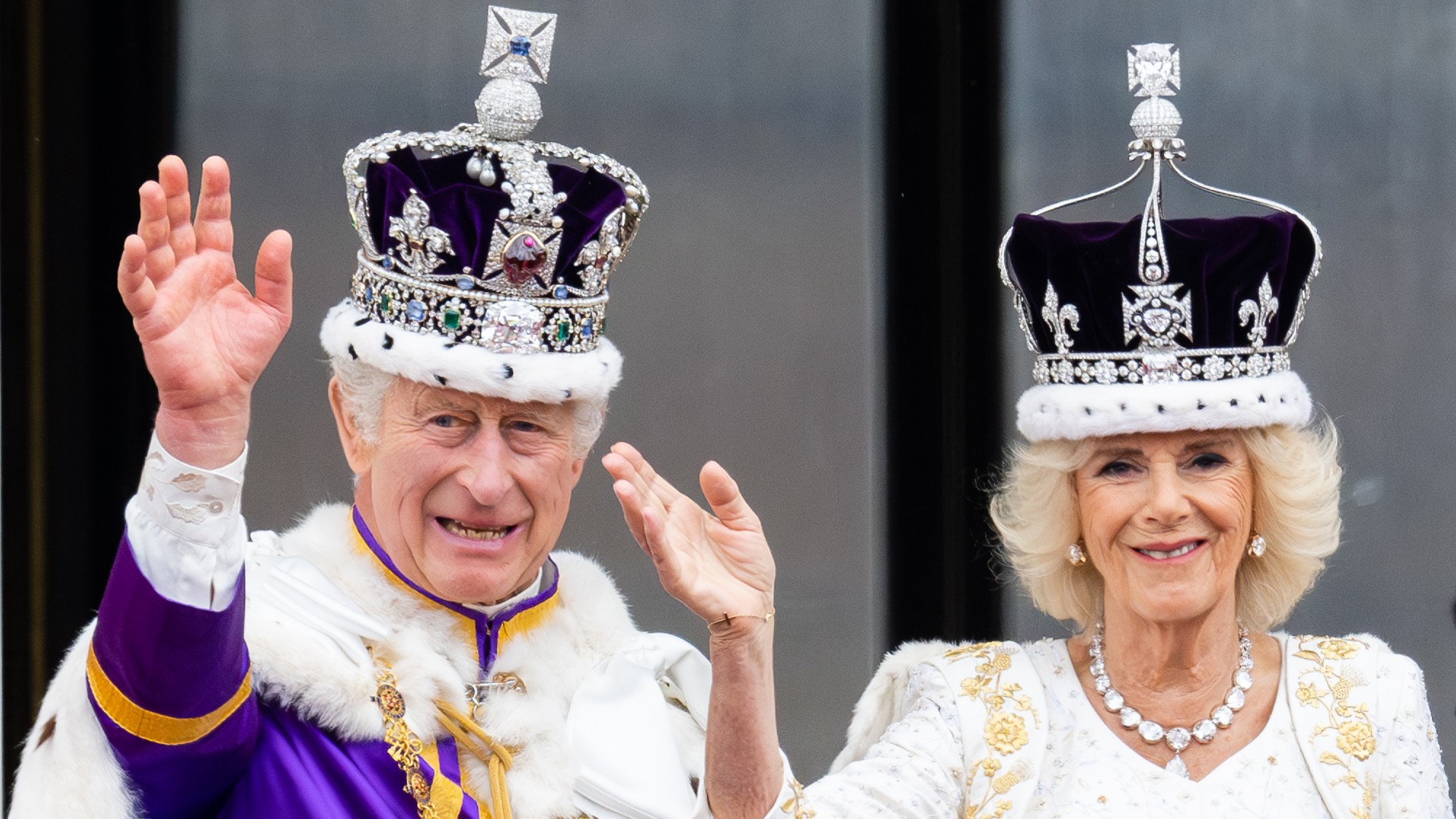 King Charles and the Sovereign Grant: how UK taxpayers fund the monarchy
King Charles and the Sovereign Grant: how UK taxpayers fund the monarchyThe Explainer Royals received £86.3m from government last year – and they are in line for a 50% increase
-
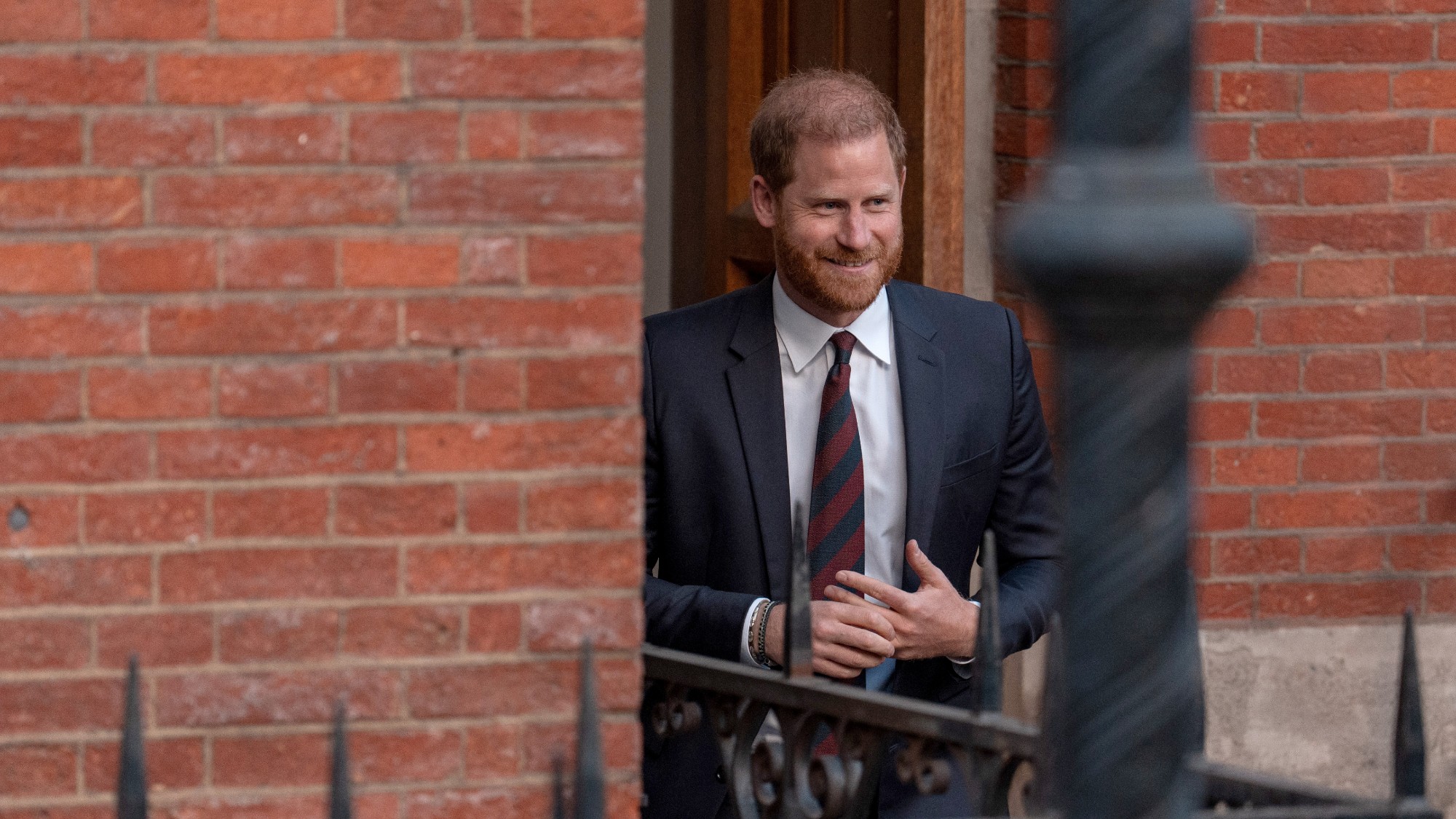 Is Prince Harry owed protection?
Is Prince Harry owed protection?Talking Point The Duke of Sussex claims he has been singled out for 'unjustified and inferior treatment' over decision to withdraw round-the-clock security